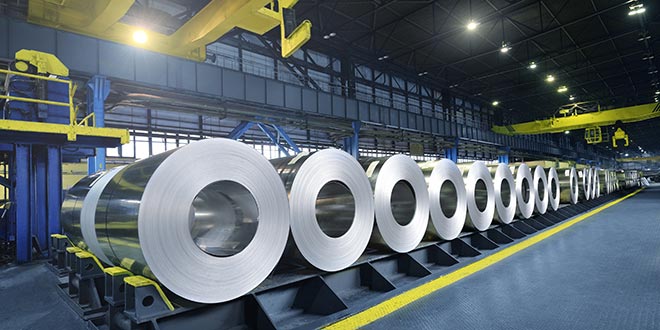Earlier this month, the Trump administration imposed tariffs on steel and aluminum imports, with initial exceptions made for imports from Canada and Mexico. President Donald Trump imposed the tariffs at the recommendation of the Secretary of Commerce, citing steel was being imported “in such quantities and under such circumstances as to threaten to impair the national security of the United States,” according to the White House.
The Trump administration imposed a 25 percent tariff on steel imports and a 10 percent tariff on aluminum imports. Initial exceptions were made for imports from Canada and Mexico, but additional exceptions were granted March 22 to Argentina; Australia; Brazil; countries in the European Union; and South Korea through May 1. On March 26, the administration and the South Korean government announced that imports from the country would be exempted from tariffs, but a quota on imports was implemented, according to CNBC.
Some U.S. organizations are mixed on how the tariffs will impact their industries in the future.
The Coalition for a Prosperous America, “a bipartisan coalition of farmers and ranchers, manufacturers and labor groups” which aims to eliminate the trade deficit, says research suggests the tariffs may have a positive impact on steel and aluminum jobs in the U.S.
“The group estimates [that the tariffs] will add about 19,000 jobs, making job losses downstream and in other parts of the economy negligible,” Bloomberg reports.
“In the longer term, I would anticipate that the effect of tariffs are positive because a longer-run analysis shows what happens to steel and aluminum industries as a result: additional production, revenue, hiring and investment,” Jeff Ferry, research director for the organization tells Bloomberg.
The National Association of Home Builders (NAHB) released a statement opposing the tariffs, saying they will result in higher costs for consumers and U.S. businesses.
“Tariffs hurt consumers and harm housing affordability,” says NAHB chairman Randy Noel. “Given that home builders are already grappling with 20 percent tariffs on Canadian softwood lumber and that the price of lumber and other key building materials are near record highs, this announcement by the president could not have come at a worse time.”
The tariffs on steel and aluminum are the third set imposed by the Trump administration within the last year. In April, the Trump administration imposed a 20 percent tariff on imports of Canadian softwood lumber. In January, the administration announced a 30 percent tariff on imported solar panels, based on the recommendation of the U.S. International Trade Commission.
 Hardware Retailing The Industry's Source for Insights and Information
Hardware Retailing The Industry's Source for Insights and Information








